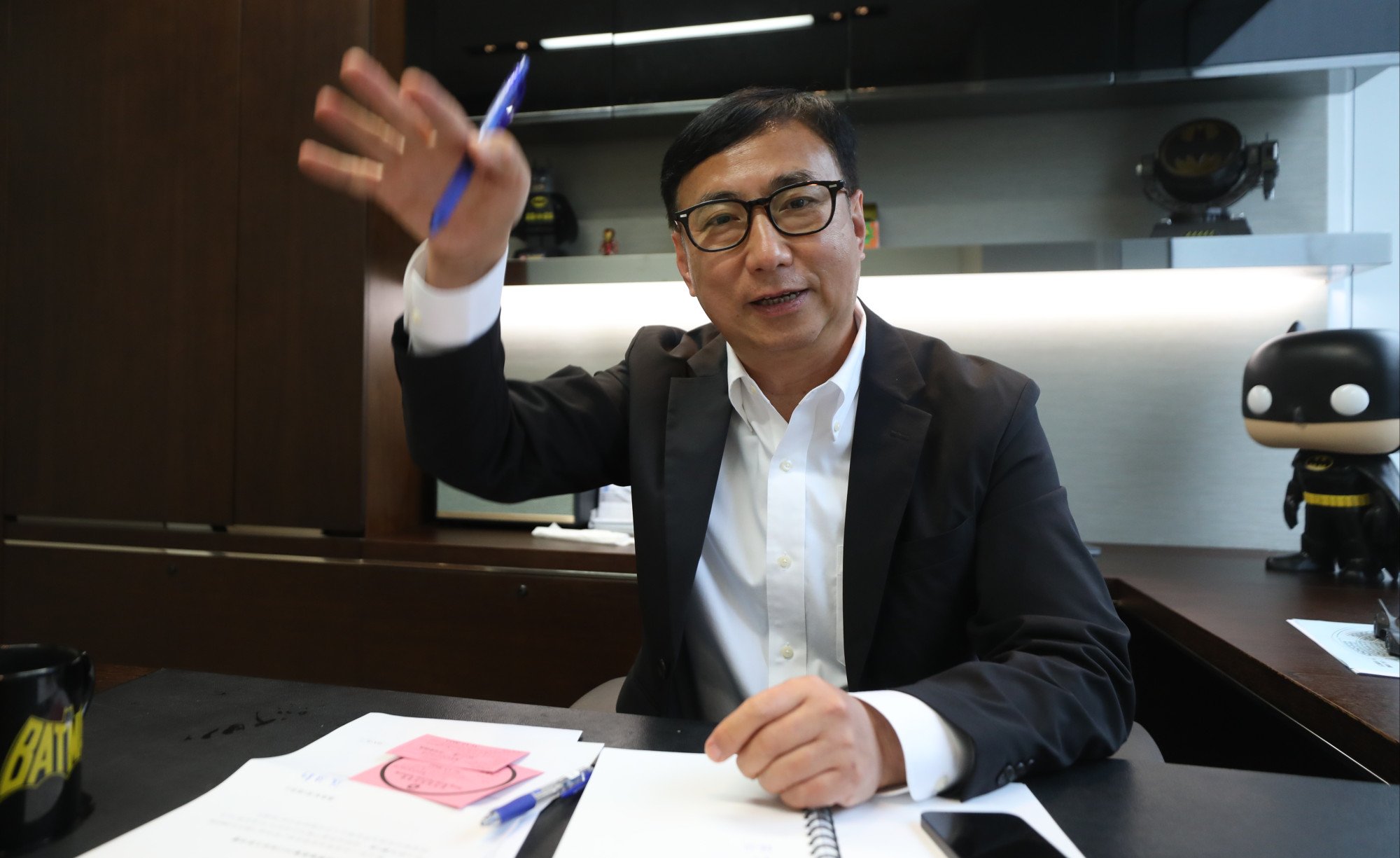
Hong Kong welfare authorities urged to boost training for ‘community nannies’ after suspected child abuse case involving babysitter
- Lawmakers raise concerns at a panel meeting over government-funded ‘community nanny’ childcare scheme after case involving nine-month-old girl
- Welfare authorities have suggested training for nannies be increased from four hours to 14 hours but lawmakers question whether it is enough
Lawmakers have called for Hong Kong’s community nannies to be given more professional training to safeguard child safety, following the case of a nine-month-old girl who was allegedly abused by her babysitter.
Tik Chi-yuen, who represents the social welfare constituency, was among lawmakers who raised concerns at a Legislative Council panel meeting on Monday over the government-funded “community nanny” childcare scheme.
Although welfare authorities suggested training for the nannies be increased from four hours to 14 hours, Tik questioned whether that was enough to equip them with the ability to take care of children ranging in age from newborn to nine years under the scheme.
“The community nannies can be held accountable if anything happens. While Singapore and Taiwan are heading in the direction of professionalising them, the Hong Kong government is telling me we are relying on neighbourhood relations to safeguard the benefits of children,” he said.
“It is about child safety and child abuse. Is 14 hours of training sufficient?”
Tik said the government should consider changing its mindset from viewing the community nannies as volunteers. Their hourly rate will be increased from the current HK$25 to cover travel and babysitting expenses to up to HK$60.
“You are asking them to fulfil so many requirements, attend training and be held liable. Is this equal pay to them? If you can provide sufficient training and good pay, it can naturally attract manpower as well,” he said.

The changes to the scheme, which was launched in 2008, followed the case of a babysitter, 33, who was arrested on suspicion of child abuse in January, after a nine-month-old baby was taken to hospital and found to have a blood clot in her brain.
The Hospital Authority on Monday said the girl was in a stable condition.
The child’s mother earlier said doctors had told her that her daughter’s situation was “not optimistic or ideal”.
Deputy Director of Social Welfare Alex Wong Kwok-chun told lawmakers he could not comment further as the case was under police investigation. But he said the scheme had served 10,000 children annually and no reports of child abuse had been received in the past five years.
Hong Kong babysitters on government-funded programme to get more training
He added that the government treated the babysitters, who are managed by NGO receiving subsidies, as volunteers as an incentive. He noted that some wanted to remain as volunteers rather than be hired and others did not wish to receive a proper salary that could affect their rent as public housing tenants.
Under public housing rules, households exceeding certain income or asset levels must pay higher rents plus rates, while those above the maximum limit must vacate their flats.
Lawmaker Doreen Kong Yuk-foon was dissatisfied with Wong’s response.
“Is your scheme to serve the children or the nannies? You should have a clear position,” Kong said.
Hong Kong babysitter granted bail after arrest over allegedly abusing infant
She also criticised the scheme, saying it compromised childcare quality, and called for nannies to become professionals, noting that Singapore last month announced rolling out a pilot scheme, where babysitters would be properly trained with infant care and first aid skills.
Undersecretary for Labour and Welfare Ho Kai-ming said the community nanny scheme could coexist with other professional services.
“The scheme can offer flexibility and engage more housewives to participate. We hope to offer different childcare services to residents,” he said.
Ho noted that some families could find the scheme attractive if they only needed help for one or two hours.
Hong Kong to review childcare scheme after alleged abuse of infant by babysitter
Under the changes, the 14 hours of training will cover children’s physical and psychological development and needs, communication skills, home safety and hygiene, as well as skills to handle accidents.
Nannies minding children with special education needs will need to do another four hours of training.
Babysitters will also have to go through an assessment before serving families in need.
The government aims to roll out the improved scheme in the fourth quarter this year.

